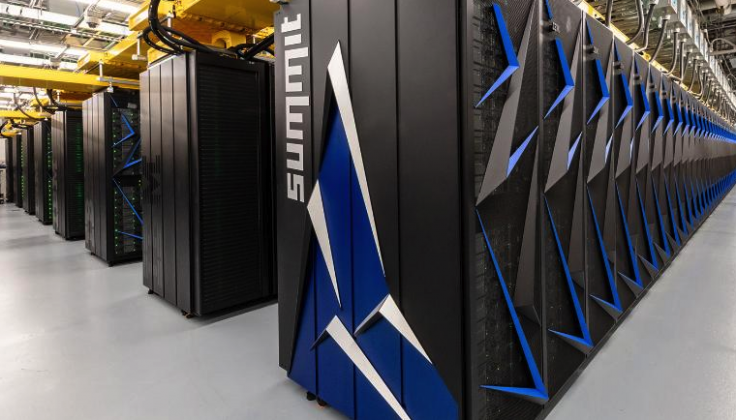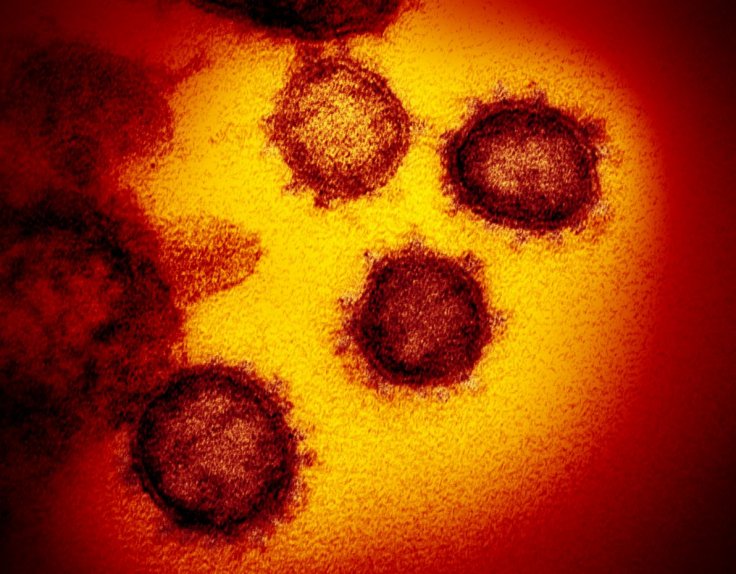It looks like the world's fastest supercomputer has done what doctors and medical experts around the world have been struggling for months since the coronavirus crisis began – help find a cure for the deadly COVID-19 virus.
World's fastest supercomputer finds key to COVID-19 cure
The world's fastest supercomputer has successfully identified chemicals that can prevent coronavirus from spreading, which experts believe is a crucial step toward developing a vaccine to kill the virus.
IBM's supercomputer "Summit" ran thousands of simulations to determine which drug compounds can effectively stop the virus from infecting host cells and found 77 such chemicals, researchers at Oak Ridge National Laboratory noted in their findings.
How powerful is Summit?
Summit was commissioned by the US Department of Energy in 2014 to do what it has just done – tackle the world's biggest challenges and solve impractical or impossible tasks in fields of energy, advanced materials, human health, and artificial intelligence.

The supercomputer possesses the power of 200 petaflops, which means it is capable of carrying out 200 quadrillion calculations per second. To put things simply, it's a million times more powerful than the fastest laptop in the market.
How can it help cure coronavirus?
Viruses infect host cells by injecting them with a "spike" of genetic material. This is where Summit comes in. The supercomputer uses its computing power to find drug compounds that can prevent that from happening.
Summit ran simulations of more than 8,000 compounds that could bind to the virus' spike and limit its ability to spread to other host cells, and found 77 of them to be effective. All of the compounds were ranked based on how likely they were to bind to the spike.

Next, the team will run the simulations on Summit again, using a more accurate model of the coronavirus' spike and conduct experimental studies to prove which chemicals work best.
"Our results don't mean that we have found a cure or treatment for the coronavirus," said Jeremy Smith, director of the University of Tennessee/Oak Ridge National Laboratory Center for Molecular Biophysics, in a statement to CNN.
However, the findings could help studies on how to create the most effective vaccine against the deadly COVID-19. "Only then will we know whether any of them exhibit the characteristics needed to mitigate this virus," he added.









